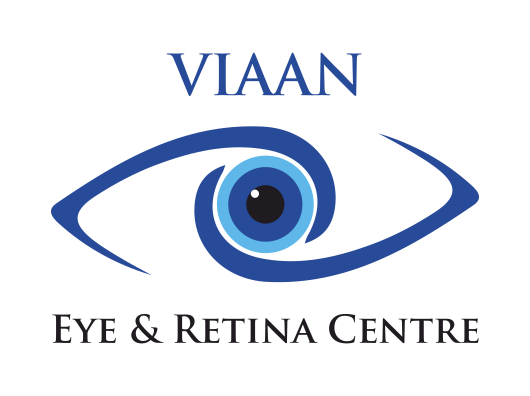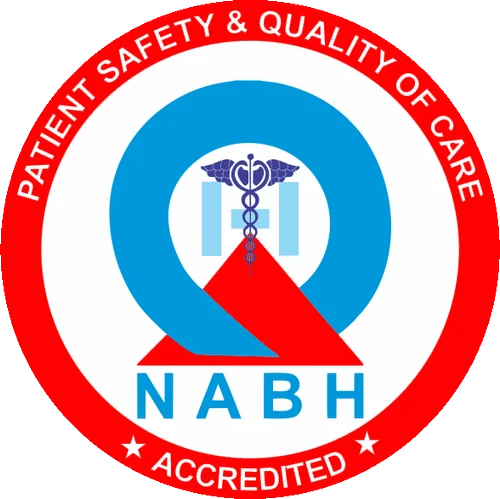Sleep, often underestimated, is one of the simplest yet most impactful ways to keep your eyes healthy and happy. While we focus on healthy diets and regular checkups, we sometimes forget the critical role sleep plays in maintaining optimal eye health. From reducing strain to enhancing hydration, the importance of sleep for your eyes is undeniable—and it’s time to give it the attention it deserves.
Importance Of Sleep To Maintain Healthy Eyes
Sleep: A Natural Reset for Your Eyes
Your eyes are hard at work all day, constantly moving, focusing, and adjusting to different lighting conditions. When you sleep, you give your eyes a much-needed break. This downtime allows them to rest, repair, and reset for the next day.
Think of sleep as your eyes’ “charging station.” It replenishes essential nutrients and keeps your vision sharp. Deprive your body of this natural reset, and you may start to notice symptoms like dryness, redness, or an inability to focus properly. The importance of sleep in protecting your eyes isn’t just about comfort—it’s about preserving your vision for years to come.
How Lack of Sleep Affects Your Vision
If you’ve ever pulled an all-nighter or spent hours staring at a screen, you’ve likely felt the impact of poor sleep on your eyes. Puffy lids, dark circles, and a heavy sensation aren’t just cosmetic concerns—they’re your body’s way of signaling distress.
Chronic sleep deprivation can lead to more severe consequences, including:
- Eye Strain: When you’re tired, your eyes may have difficulty focusing, causing discomfort and blurry vision.
- Dry Eyes: Inadequate sleep affects tear production, leading to irritation and a gritty sensation.
- Increased Risk of Eye Diseases: Studies show that prolonged sleep deprivation could contribute to conditions like glaucoma and age-related macular degeneration.
The connection between sleep and eye health is clear: prioritize sleep, and your eyes will reward you.
The Role of REM Sleep in Vision Health
Ever wondered why REM (Rapid Eye Movement) sleep is so essential? During this phase, your eyes are in constant motion, almost like they’re practicing for the next day. This natural exercise helps strengthen the muscles surrounding your eyes, ensuring they stay in good shape.
Skipping out on REM sleep, whether due to stress or late-night screen time, robs your eyes of this crucial workout. Over time, this can weaken your vision and make your eyes more prone to strain.
Sleep and Eye Hydration
Sleep doesn’t just benefit your body—it hydrates your eyes too. During sleep, your eyes produce vital tears that keep them moisturized. These tears contain essential proteins and oils that protect your eyes from dryness and irritation.
Without proper sleep, your tear production might decrease, leading to discomfort and even long-term damage. This is why the importance of sleep cannot be overstated—it literally nourishes your eyes while you rest.
Simple Steps to Improve Sleep and Eye Health
Getting quality sleep doesn’t have to be a challenge. A few tweaks to your routine can make a world of difference, not just for your overall health but for your eyes too.
- Establish a Sleep Schedule
Go to bed and wake up at the same time every day, even on weekends. This helps regulate your internal clock and ensures your eyes get consistent rest. - Limit Screen Time Before Bed
Blue light from phones, laptops, and TVs can interfere with melatonin production, making it harder to fall asleep. Switch off your devices at least an hour before bedtime to protect both your sleep and your eyes. - Create a Sleep-Friendly Environment
Your bedroom should be dark, quiet, and cool. Consider blackout curtains or a sleep mask to block out light and reduce distractions. - Stay Hydrated
Drinking water throughout the day ensures your body—and your eyes—stay hydrated. However, avoid excessive liquids close to bedtime to prevent interruptions in your sleep. - Practice the 20-20-20 Rule During the Day
Every 20 minutes, look at something 20 feet away for 20 seconds. This simple habit reduces strain on your eyes and helps them relax, making it easier to wind down at night.
Long-Term Benefits of Sleep for Your Vision
When you prioritize the importance of sleep, you’re not just addressing short-term fatigue—you’re investing in your long-term eye health. Proper sleep supports a sharp, focused vision, reduces your risk of developing serious eye conditions, and helps you feel refreshed and alert.
Good sleep is also linked to better coordination and quicker reaction times—both of which rely heavily on your eyes. Whether you’re reading, driving, or working, well-rested eyes perform better and are less likely to strain under pressure.
Listen to Your Body
Your body has a way of telling you when it needs sleep—it’s up to you to listen. Ignoring those signals can take a toll on your eyes, not to mention your overall health. If you find yourself rubbing your eyes or struggling to keep them open, take it as a sign to prioritize rest.
Final Thoughts
Your eyes are one of your most valuable assets. They connect you to the world, help you experience life’s beauty, and enable you to pursue your passions. Giving them the care they deserve starts with understanding the importance of sleep.
We live in a world that often glorifies hustle culture and sleepless nights, but your eyes don’t care about that. They need rest, plain and simple. The importance of sleep isn’t just a catchy health tip—it’s a non-negotiable for keeping your eyes healthy and your vision clear.
At the end of the day, your eyes work hard for you. The least you can do is give them the rest they deserve. Remember, healthy eyes lead to a better quality of life, so make sleep a priority—it’s one of the simplest yet most effective ways to take care of your vision.
Viaan Eye & Retina Centre understands the value of healthy eyes and holistic eye care. If you’re experiencing any vision-related issues or have concerns about your eye health, our eye doctor in Gurgaon is ready to guide you toward better eye care solutions. After all, your eyes deserve the best.



